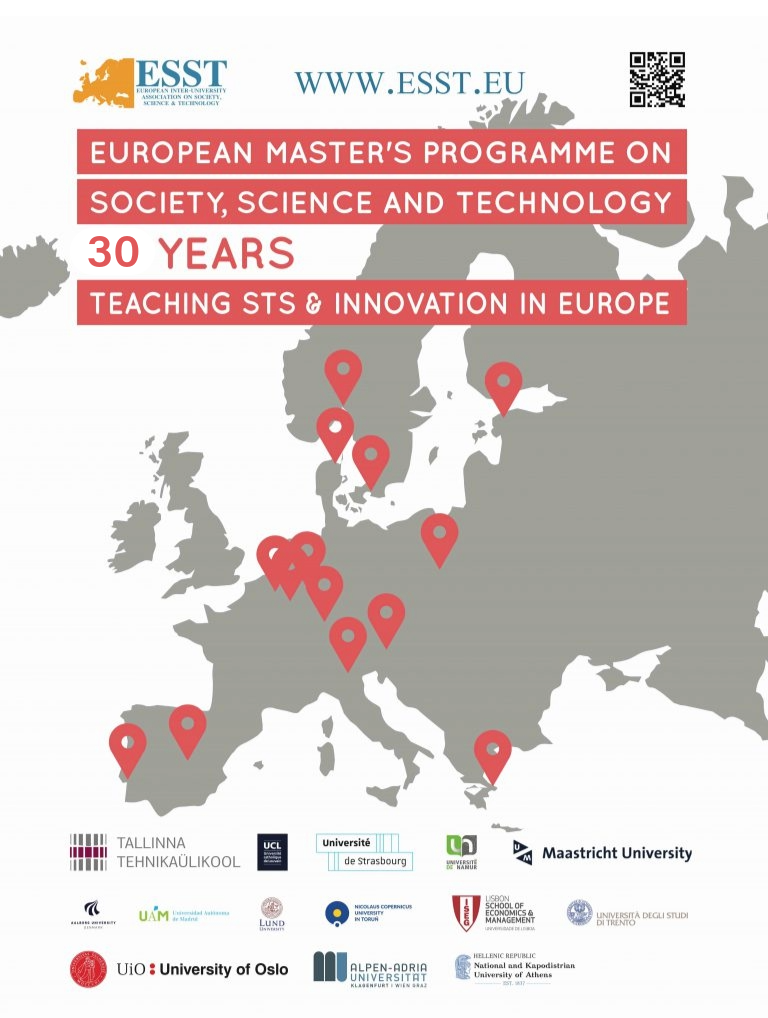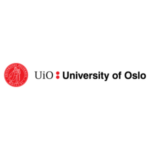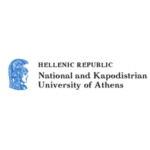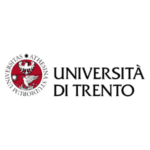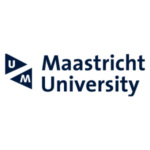Programme Aim and Educational Structure
Programme Aim
The Master’s programme European Studies of Society, Science and Technology (MA ESST) aspires to train students in such a way that they are able to explore and understand the interrelated worlds of society, science and technology in Europe and the world at large. The relationships between society, science and technology play a crucial role in shaping European and global challenges and prospects. These relations have changed significantly in the last 20 to 30 years and they are increasingly on the agenda of politicians, academics and other professionals. This growing awareness of the complex interrelationship between science, technology and society has resulted in a burgeoning theoretical and policy literature (broadly defined to include courses of action open not only to governments but also to public and private sector organisations, trade unions, activist organisations, etc.). The overarching aim of the MA ESST is to provide future researchers, innovation consultants, research managers and policy-officers with a profound and critical understanding of the relation between research and innovation, as well as of the specific socio-historical context from which they emerge and today’s European socio-economical context in which they take place.
Educational structure
The ESST Master’s programme is a 60 ECTS programme and is divided into two parts: a first general introductory part and a second part aimed at specialisation.
Most universities offer ESST as a one-year programme: Athens, Maastricht and Madrid. Other partners such as, Klagenfurt, Strasbourg and Trento have embedded the 60 ECTS ESST program in a local two-year programme. While Oslo offers the ESST programme as a 90 ECTS programme and therefore its duration is one and a half years.
No matter if the ESST MA is organized in one, one-and-a-half or in two years, all these universities offer a 60 ECTS ESST programme and as such fulfil the demands of the degree. Other ESST partners offer only a second semester specialisation: the universities in Aalborg, Lisbon, Louvain la Neuve, Lund, Tallinn and Torun.

